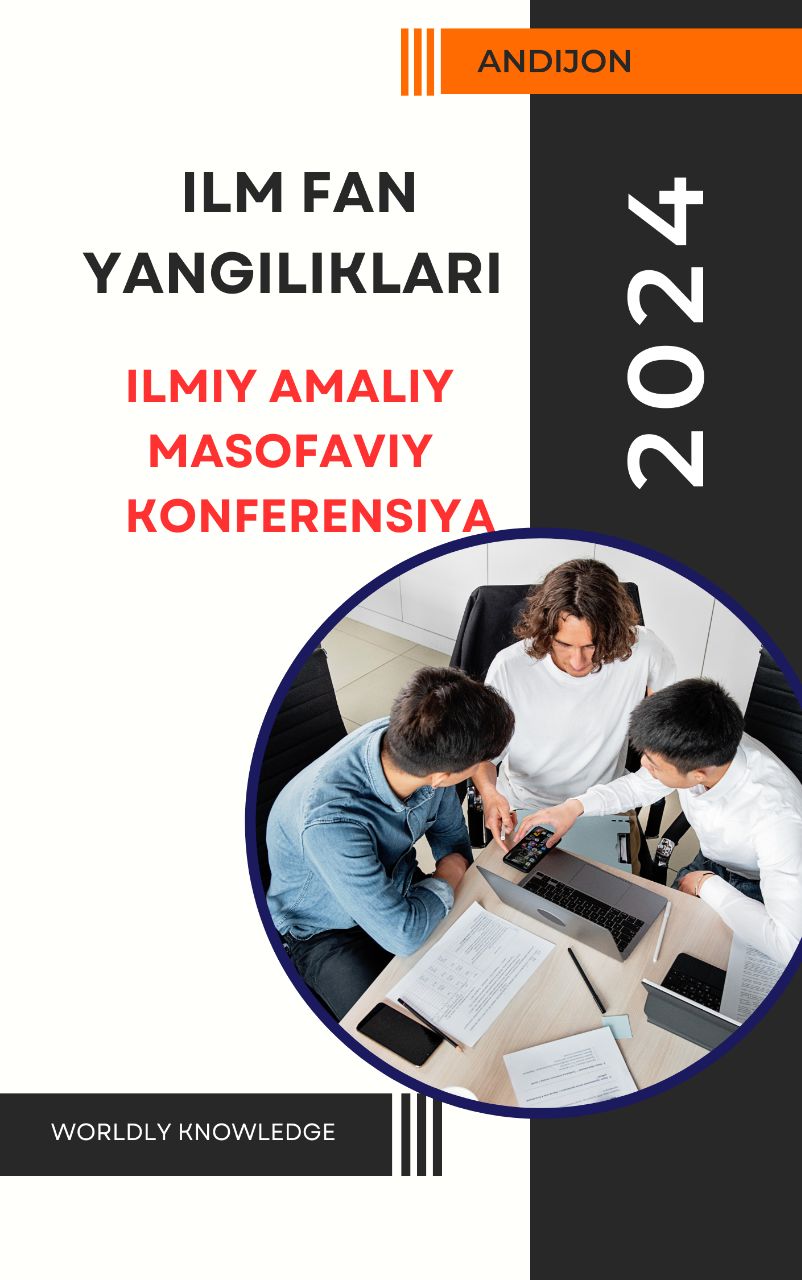DISCOURSE PARADIGM IN WORLD LINGUISTICS
Keywords:
Stylistics, philosophical significance, conceptual, pragmastilistic, literary criticism discourse.Abstract
Just as linguistics is intended not only to deal with the analysis of the structural structure of the text, but also to interpret the tasks of these structures, in literary studies it is imperative that the nature of the text, the process of understanding its content, be discussed. While the selection of linguistic forms that take place in the process of creativity corresponds to the requirements of the rules and socio – psychological environment inherent in a particular community, the reader also perceives the content of the text in the scale of social values. In addition, the need to take into account contextual elements and other pragmatic factors gives impetus to the development of the direction of text pragmatics.
References
1. Nurmonov A., Mahmudov N., Solikhojaev S. The content syntax of the Uzbek language. - T.: Science, 1992. – B. 231-236.
2. Yuzhboyev B. Syntax of Uzbek colloquial speech. - Samarkand: Zarafshan, 2009. – 65 b.
3. Pardaev J. The pragmatist linguistics. - Samarkand: SamDU, 2013. – 104 b.
4. Kuronov D. Introduction to literary studies. - Andijan: Life, 2002. – 208 b.
5. Safarov Sh. Pragmalinguistics. - T.: National Encyclopedia of Uzbekistan, 2008. – 300 b.
6. Kasavin I.T. Text. The discourse. The context. Introduction to the social epistemology of language. – M.: Canon, 2008. – 437 p.
7. Maslova A.Y. Introduction to pragmalinguistics. – M.: Nauka, 2010. – 152 p.
8. Matveeva G.G., Lenetz A.V., Petrova E.I. Fundamentals of pragmalinguistics: Monograph. – M.: Flint, 2014. – 230 p.
9. Slyusareva N.A. Problems of functional morphology of the English language. – M.: Nauka, 1986. – 208 p.

